Putting some balance in the dying debate
People
As one of only a handful of palliative care nurse practitioners in South Australia, Kevin Hardy is well qualified to talk about dying. He spoke to JENNY BRINKWORTH ahead of appearing before the SA Parliament’s Joint Committee on End of Life Choices.
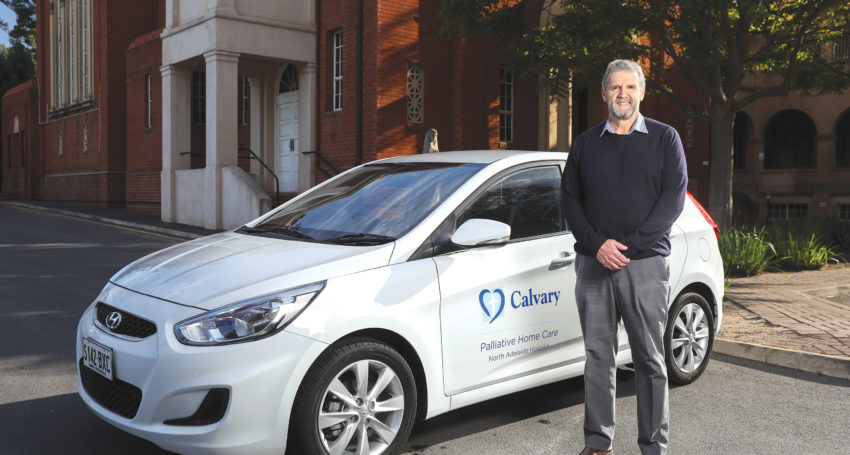
Kevin Hardy may be a committed Christian but he says his opposition to voluntary euthanasia comes from a deeply personal experience and one that changed the course of his life.
It relates to the death of his father who, under the new Victorian legislation, would have been an eligible candidate for the Voluntary Assisted Dying (VAD) scheme.
“He qualified for all the VAD criteria,” Kevin said.
“He was in the last six months of his life, he had cancer, and if he had registered and taken the opportunity to take the drug to end his life…then I wouldn’t be here today having this conversation.
Advertisement
“My thought process around euthanasia is that it interferes with that dying process. None of us know the profound things that can happen in that time leading up to death and certainly in that day or two when you are in the terminal phase of an illness.”
Kevin was 35 when his father died of cancer of the larynx in August 1995. The former bank clerk and video shop owner said he underwent “a profound change” after caring for his father in the last three weeks of his life.
Within a year he had enrolled in nursing at university, a move which he said had a “spiritual component” in that he felt he was being “called” to this vocation.
“About two or three days before Dad died I had a particular experience where I knew that I was probably going to be a nurse. It was pretty powerful, I got a sense of this is what I was put on this earth to do.
“I had never for any period of my life before this considered nursing as a profession.”
After graduating from nursing and working in palliative care for 11 years, he completed his Masters and 5000 hours of training and was endorsed as a nurse practitioner in June 2015. This enables him to undertake additional tasks to a nurse such as prescribing medications and ordering certain medical tests without requiring approval by a doctor.
Kevin now leads Calvary’s innovative Palliative Home Care Service which for the first time involves private health insurers supporting palliative care at home.
Acknowledging that the issue of voluntary euthanasia can be “very emotive” and that there are a lot of “horror stories”, Kevin said in his experience “the suffering can be as difficult for the family and friends observing this as much as the person in bed actually dying”.
“They say ‘this is cruel, you wouldn’t do this to an animal’, and you certainly get some individuals saying they want to end it (the suffering) but it’s not the vast majority,” he said.
Advertisement
“We had a lady who spent at least three weeks in Mary Potter Hospice and she said it was one of the happiest times of her life.
“She experienced a full life, she travelled, she had a wonderful life, a loving husband and three daughters, but in that last three or four weeks of her life she was in the hospice being cared for professionally, her symptoms were being managed, she had her three daughters around her and they had some wonderful times.
“We focus so much as a society on birth, celebrating the joy of all that but for me death can be just as profound an experience…there’s still opportunity for families to come together, hurts to be reconciled, all those sort of things that we see.”
Kevin said often there was no-one preparing the dying person for what lay ahead.
“We try to keep them informed of what the next phase is going to be, otherwise they hear the horror stories and are fearful,” he said.
Kevin also pointed to people’s willingness to endure immense suffering to try and prolong life through treatment.
“It always fascinates me when people talk about suffering at end of life and yet are willing to put up with multiple rounds of chemo, pay for immunotherapy, all sorts of things, and subject themselves to terrible suffering,” he said.
“Families are okay with that, and in fact sometimes the patient wants to stop treatment and yet the family encourages them to keep going.”
His aim when he speaks to the Joint Committee is to “try and add some balance to the evidence”. He has read the written submissions, many of which focus on bad experiences of a loved one dying, but he said they “misrepresent what end of life looks like for the majority of people”.
Having also gone on a “spiritual conversion” since the death of his father, who was agnostic, Kevin has a faith-based approach to dying: “If you believe in a merciful, loving God who is always calling and pursuing people, who knows what happens in that realm between life and death. That’s the real mystery to me.”
Regardless of his personal beliefs, he insists there are other reasons for not interfering with the dying process.
“People say why shouldn’t they have the choice, but who knows what can happen on a whole range of levels, relationships with loved ones, people you’ve fallen out with,” he said.
“My parents hadn’t seen each other for 10 years, five or six days before Dad died all the family and grandkids were around but when we told Dad that Mum had come, he puckered up for a kiss. They were divorced but there was still love in that relationship and Dad would have gone to his grave much happier knowing he’d seen his wife.”
Similarly, Kevin said it wasn’t until he was 35 and his dad had only a few days to live that he ever hugged him.
“A lot of the euthanasia debate is driven out of fear, but the opposite of fear is love…if we can show people love, compassion and care, who knows what can happen out of that.”


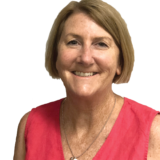
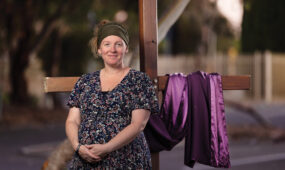
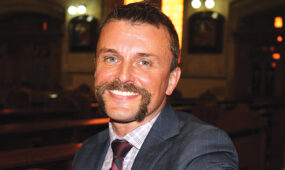
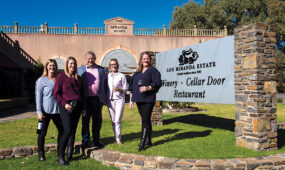
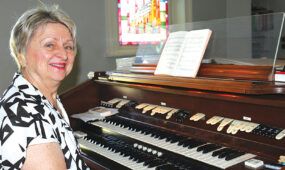

Comments
Show comments Hide comments